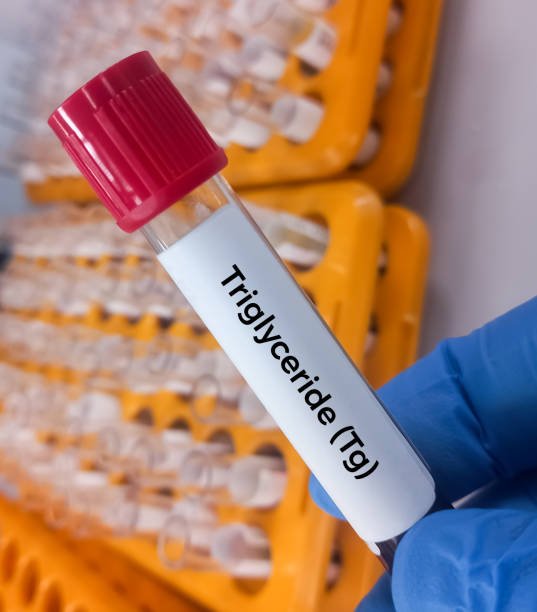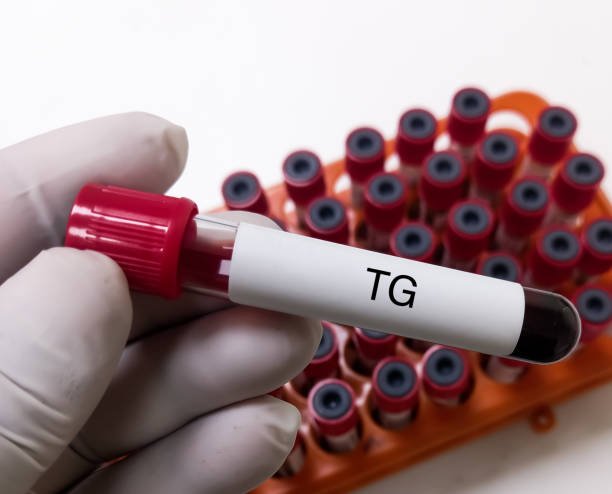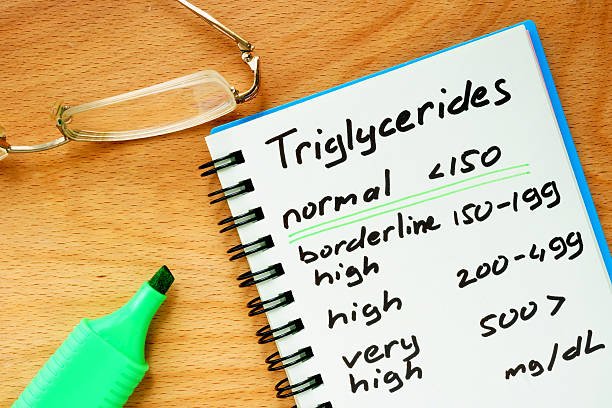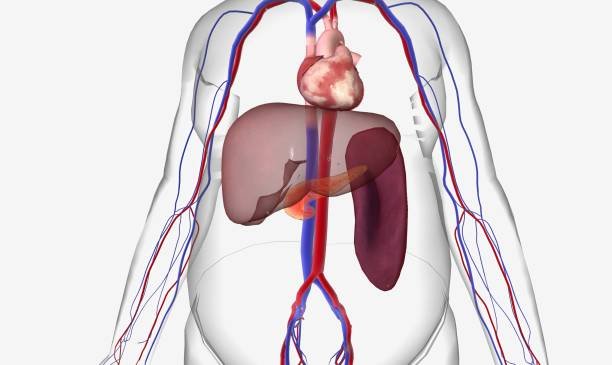
What Should I Do if My Triglycerides Are Too High? Learn About Causes, Symptoms and Dietary Treatments
What are triglycerides?
Triglycerides are a type of fat found in the blood and can be produced by the liver or obtained through food intake. When the body needs energy, triglycerides can be broken down into fatty acids, which serve as an energy source for the cells. Once the demand is met, the excess fatty acids will be converted into triglycerides again and stored in fat cells. The fat on our body is actually the accumulation of fat cells rich in triglycerides.
Is excessive triglyceride a dyslipidemia?
Dyslipidemia refers to blood fat concentration exceeding or falling below the standard. When the triglycerides in the body are too high, it may cause hypertriglyceridemia, a type of hyperlipidemia.
People with high levels of triglycerides are also at increased risk of pancreatitis, coronary heart disease, and metabolic syndrome.
Symptoms of high triglycerides
People with high triglycerides usually do not have obvious symptoms, but if it is caused by a genetic disease, such as familial hyperchylomicronemia, you may see fat accumulation under the patient’s skin, also known as Symptoms of xanthomas or xanthelasma.
Causes and risks of excessive triglycerides
Basically, hypertriglyceridemia can be divided into the following 2 types:
- Primary: The patient has abnormal lipid metabolism due to a genetic defect.
- Secondary: Triglycerides are too high due to acquired factors such as disease, alcohol, and drugs.
Other risk factors that increase triglycerides include:
- Familial hyperchylomicronemia: Patients have problems with the metabolism of triglycerides due to insufficient lipoprotein lipase. It is a rare chromosomal recessive disease.
- Other conditions: such as diabetes, thyroid disease, liver disease, kidney disease, poorly controlled type 2 diabetes.
- obesity
- smoking
- excessive drinking
- Calories taken in are often greater than calories expended.
- Certain drugs can increase triglycerides in the body: for example, corticosteroids (Glucocorticoids), beta blockers, diuretics, estrogens, etc.
What diseases can excessive triglycerides cause?
If triglycerides are too high alone, the directly related complications are mainly acute pancreatitis. This situation usually occurs in patients with triglyceride values higher than 500mg/dL, and their plasma will appear milky white and chyme-like. , need medical treatment as soon as possible.
In addition, many patients with high triglycerides may also have high cholesterol, which may cause atherosclerosis and increase the risk of heart disease and stroke.
Blood test for triglycerides
If you want to know if you have high triglycerides, the only way is to check your blood fat through blood tests. Routine blood lipid examinations generally include values for total cholesterol (TC), triglycerides (TG), low-density lipoprotein cholesterol (LDL-C), and high-density lipoprotein cholesterol (HDL-C), because cholesterol and triglycerides Glycerolipids are also components of blood fat and can also be used as warning indicators of cardiovascular disease.



Standard values for triglycerides
Subjects need to fast for at least 8 hours (no medication or drinks) and can drink an appropriate amount of water. The following are the criteria for judging triglyceride values. If you find that your value exceeds 150, it’s time to start lowering your triglycerides!
- Ideal value: 40-149/dL.
- On the high side: 150~199mg/dL. Although no specific symptoms will occur, it will increase the risk of cardiovascular disease.
- High: 200~499mg/dL. The risk of myocardial infarction and diabetes begins to increase
- Too high: higher than 500mg/dL. Acute pancreatitis may occur, which may be fatal in severe cases.

How to treat high triglycerides?
Depending on the triglyceride content in the body, there will be different treatment methods, as follows:
Changes in diet and lifestyle habits
For those with mildly elevated triglycerides, the concentration of triglycerides can usually be significantly reduced through changes in diet and lifestyle.
Medical treatement
In addition to changing diet and exercise, doctors may also use the following medications to improve excessive triglycerides:
- Insulin and heparin: can stimulate lipase activity.
- Antihyperlipidemic drugs (fibric acid derivatives, nicotinic acid): Reduce the concentration of triglycerides in the blood.
Other treatments include using plasmapheresis to remove triglycerides from the blood, which is the so-called “exchange transfusion.”
How to improve or prevent excessive triglycerides
The most important way to control triglycerides is to eat healthy and exercise regularly. The following methods can help control triglycerides:
- Reduce calorie intake:
Excessive calories will be converted into triglycerides and stored in the form of fat in the body. Therefore, reducing calories can reduce triglycerides and reduce the chance of gaining weight. - Reduce intake of sugar and refined foods:
Choose polysaccharides, such as grains and roots, and reduce or avoid refined sweets or foods with added sugar, such as sugary drinks, cakes, etc. - Eat healthy fats:
Replace animal oils with vegetable oils rich in unsaturated fatty acids, reduce your intake of red meats rich in saturated fats, and avoid fried foods or desserts that contain a lot of trans fats. - Reduce alcohol intake:
Alcohol is also high in calories, especially flavored wines that contain more added sugar, which may increase the risk of excessive triglycerides. - Regular exercise:
Exercise can increase the concentration of high-density lipoprotein, help you burn calories, and reduce the chance of obesity. It is recommended to set aside 30 minutes of exercise every day.













